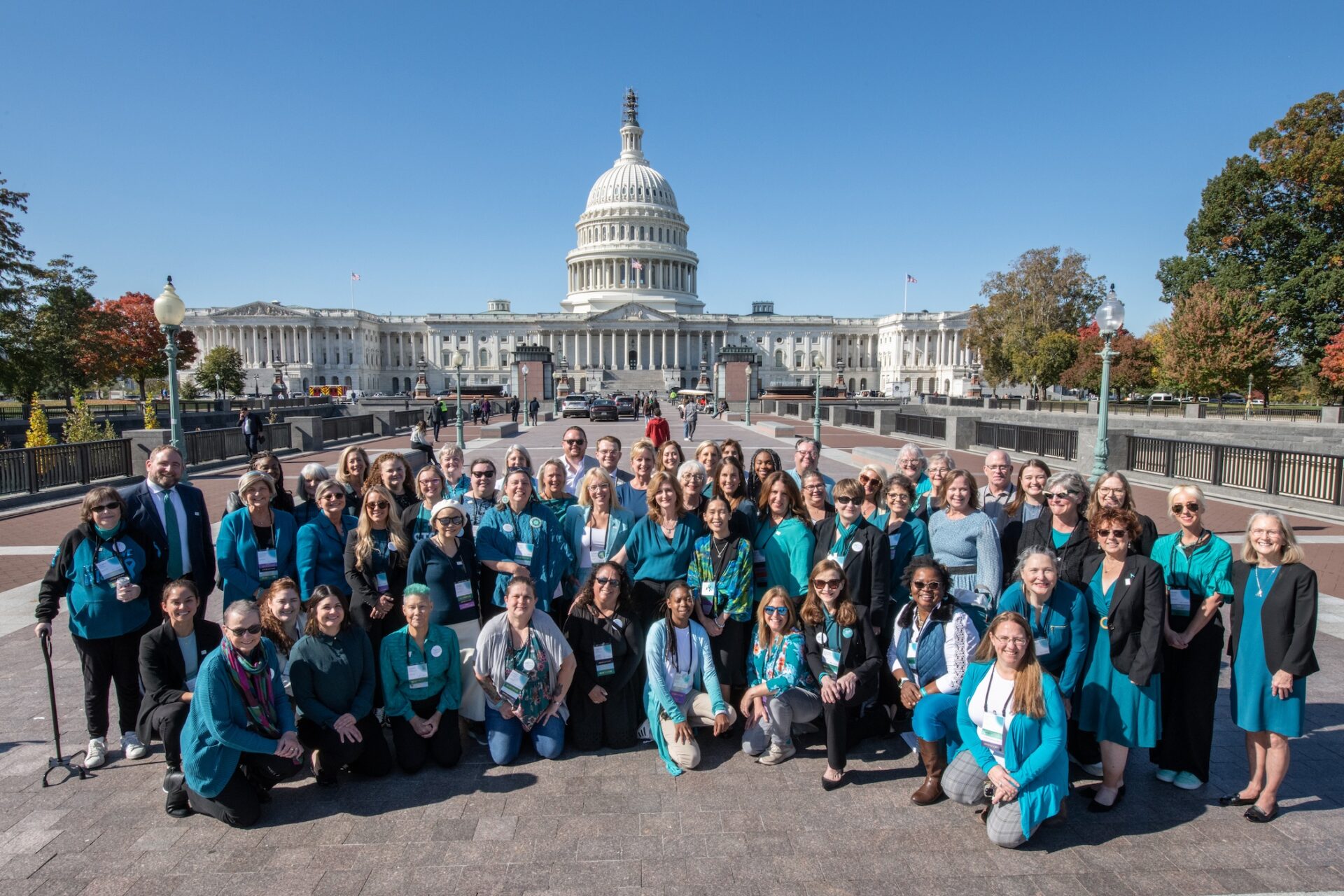Yesterday’s arguments were divided into two sections: (1) can the requirement that most Americans carry insurance be separated from the rest of the law and (2) is the Medicaid expansion unconstitutional?
The requirement that most Americans have insurance, also known as the individual mandate, may be found unconstitutional. If it is, the question then becomes what effect that ruling will have on the rest of the law. Two provisions of the law are tied to the individual mandate: guaranteed issue (the requirement that insurers offer coverage to everyone, including those with pre-existing conditions) and community rating provisions (standardizing insurance premiums based on geographic location, rather than basing them on criteria like gender or health status). If the individual mandate is struck down, these provisions will also fall. The Supreme Court justices questioned whether the entire law could be deemed unconstitutional based on their ruling on the individual mandate.
One of the questions raised yesterday was whether the remaining provisions of the Affordable Care Act, like health insurance exchanges, would work the way Congress intended without the individual mandate. If not, then the court might be persuaded that declaring the individual mandate unconstitutional would require them to throw out the entire law.
One concern is that if the individual mandate falls, but the guaranteed issue and community rating provisions stand, insurance premiums will likely rise significantly. The justices appeared to struggle with their role in terms of the economic realities of the insurance market and congressional intent.
The court also heard arguments about the constitutionality of the Medicaid expansion. Under the Affordable Care Act, Medicaid eligibility will be expanded to include those under the poverty line, regardless of disease; currently, most states require a diagnosis of a specific disease for eligibility. The federal government will cover the entire cost of this expansion for the first few years, and 90 percent of the costs thereafter. The states in the suit argued that this expansion is coercive, thus violating the constitutional balance between state and federal powers.
We expect the Supreme Court to rule on this case in late June.


